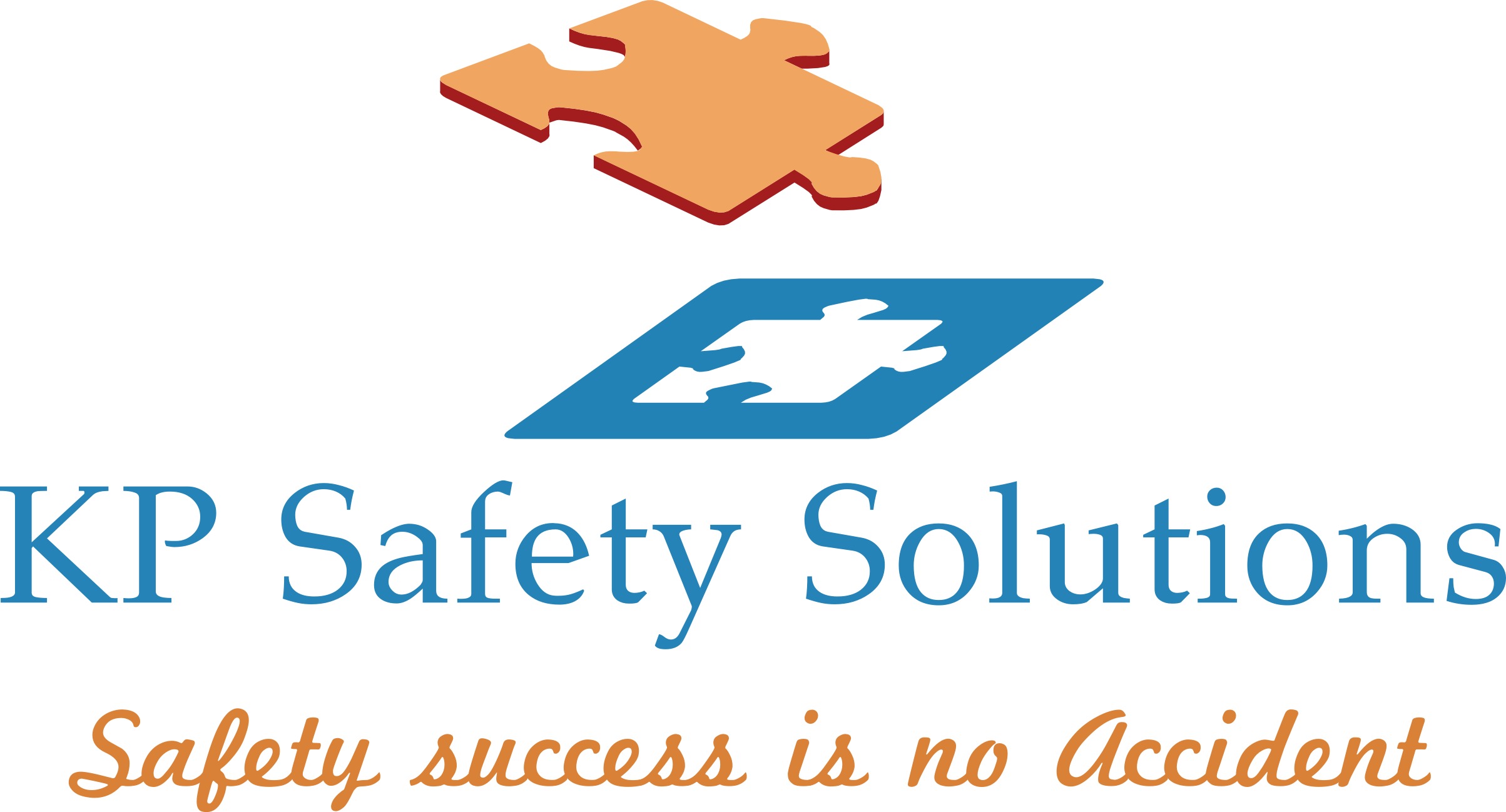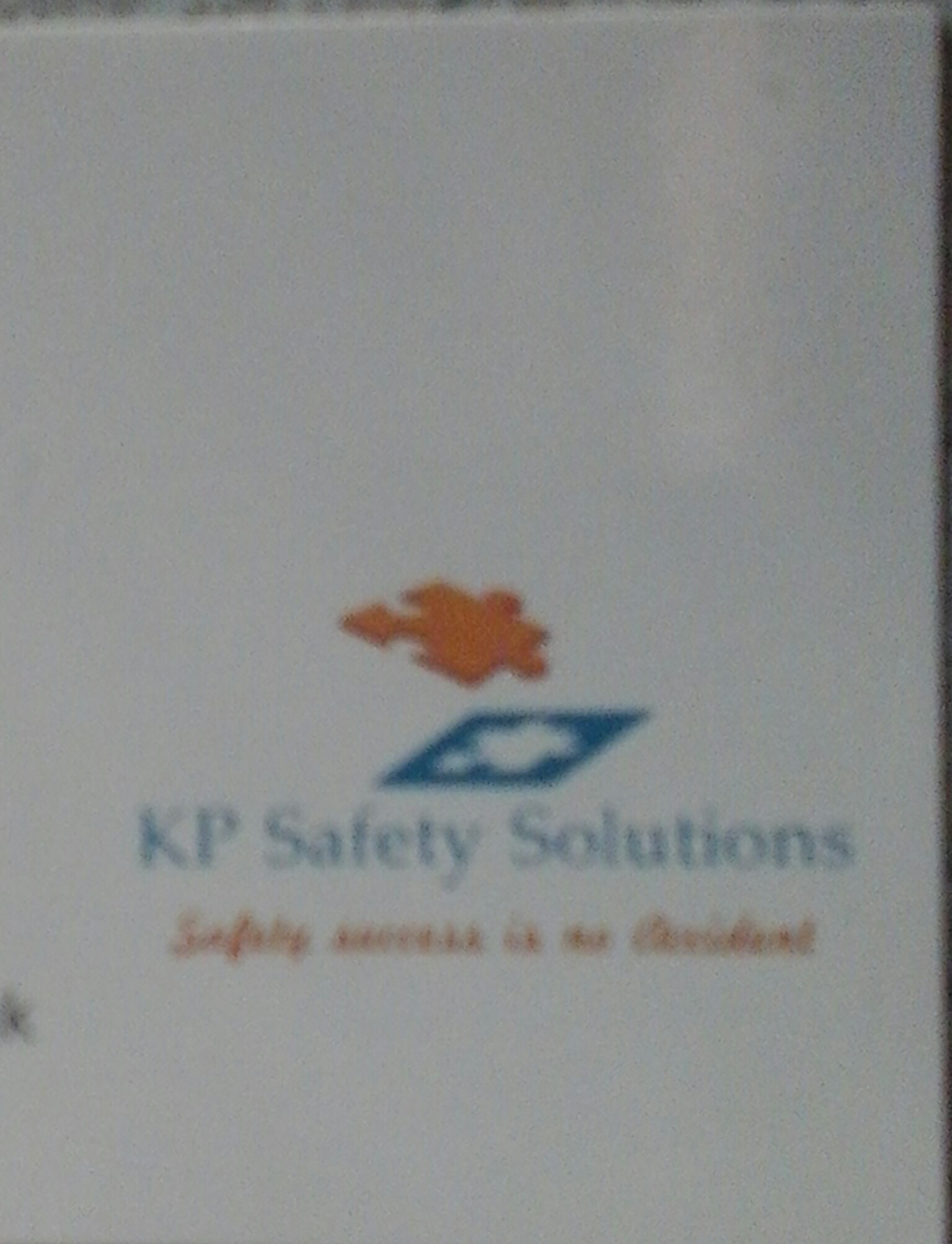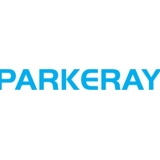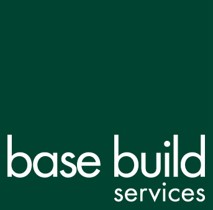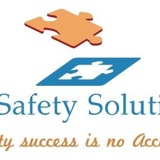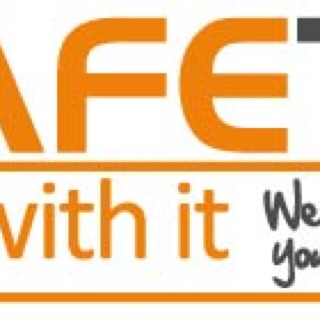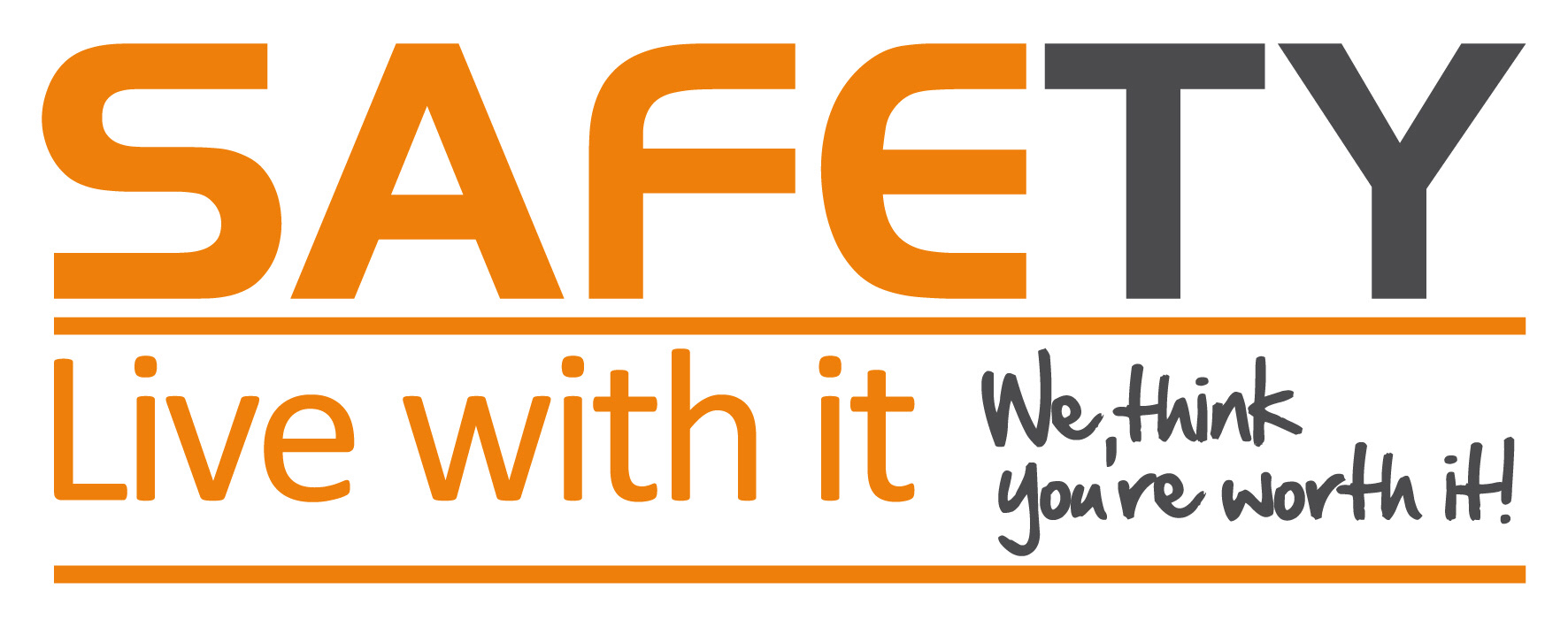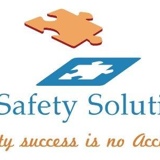Title Page
-
Project Name
-
Project Code
-
Conducted on
-
Peter Barlow CMIOSH, FIIRSM, IMaPS, OHSCR, MIIAI, EuroHSM
-
Location
Project Team
-
Add signature
-
Please provide a brief overview of project safety on the day:
- Best Practice
- Safe/Compliant
- Opportunity to Improve
- Observation
- Minor Risk
- Urgent Risk
- Not Applicable
Section 1 Welfare Facilities and Site Set Up
1.1 Accident and Incident Reporting
-
Has there been any AINM? Have they been recorded & closed out and all actions communicated to all on site
- Best Practice
- Safe/Compliant
- Opportunity to Improve
- Observation
- Minor Risk
- Urgent Risk
- Not Applicable
1.2 Housekeeping
-
Site is Tidy, Waste is managed, Walkways are clearly marked and free of Slip, Trip hazards. Emergency escape routes are free of obstructions. Suitable storage areas
- Best Practice
- Safe/Compliant
- Opportunity to Improve
- Observation
- Minor Risk
- Urgent Risk
- Not Applicable
1.3 Lighting
-
Suitable light levels across the site
- Best Practice
- Safe/Compliant
- Opportunity to Improve
- Observation
- Minor Risk
- Urgent Risk
- Not Applicable
1.4 Fire Safety
-
A fire and emergency plan is in place and communicated. Fire safety controls are in place such as: means to raise the alarm, portable fire extinguishers, escape route signage, fire resisting wall and floor protection materials and smoke control e.g. Fire doors in place.
- Best Practice
- Safe/Compliant
- Opportunity to Improve
- Observation
- Minor Risk
- Urgent Risk
- Not Applicable
1.5 Security and Access
-
The site is suitably controlled to ensure there is no unauthorized access and site activities cannot harm members of the public. Delivery routes are separated where appropriate.
- Best Practice
- Safe/Compliant
- Opportunity to Improve
- Observation
- Minor Risk
- Urgent Risk
- Not Applicable
1.6 First Aid
-
Adequate arrangements for dealing with injuries are in place including trained First Aiders, well stocked first aid boxes and information on what to do in the event of an accident.
- Best Practice
- Safe/Compliant
- Opportunity to Improve
- Observation
- Minor Risk
- Urgent Risk
- Not Applicable
1.7 Signs and Notices
-
Health and safety notices and information is displayed on site notice boards or other appropriate locations on site.
- Best Practice
- Safe/Compliant
- Opportunity to Improve
- Observation
- Minor Risk
- Urgent Risk
- Not Applicable
1.8 Welfare
-
1.8.1 Adequate toilet, changing and washing facilities have provided in the changing area
- Best Practice
- Safe/Compliant
- Opportunity to Improve
- Observation
- Minor Risk
- Urgent Risk
- Not Applicable
-
1.8.2 An area for eating and drinking has been provided away from work activities (well ventilated and separated by temporary or permanent walls and doors on large projects) with suitable chairs and tables. Drinking water and means to heat water / food has been provided. Rest areas are clean, tidy and facilities are in good condition.
- Best Practice
- Safe/Compliant
- Opportunity to Improve
- Observation
- Minor Risk
- Urgent Risk
- Not Applicable
-
1.8.3 A site office has been set up in a safe location away from work activities.
- Best Practice
- Safe/Compliant
- Opportunity to Improve
- Observation
- Minor Risk
- Urgent Risk
- Not Applicable
Section 2 – Health, Safety and Environmental Management
2.1 Safety Plan and Risk Assessment
-
A construction Phase Health and Safety Plan has been shared with contractors and contractor tasks are subject to suitable and sufficient risk assessment approved by Basebuild. A Temporary Works Register is available (where required).
- Best Practice
- Safe/Compliant
- Opportunity to Improve
- Observation
- Minor Risk
- Urgent Risk
- Not Applicable
2.2 Daily Briefings
-
Daily meetings involving all parties working on site include details of hazardous work taking place and relevant control measures
- Best Practice
- Safe/Compliant
- Opportunity to Improve
- Observation
- Minor Risk
- Urgent Risk
- Not Applicable
-
2.3 Permit to Work (PTW)
- Best Practice
- Safe/Compliant
- Opportunity to Improve
- Observation
- Minor Risk
- Urgent Risk
- Not Applicable
-
All high-risk works are controlled with use of a PTW, including: hot works, electrical isolations, scaffolding installation or striking or mechanical access work at height, etc.
- Best Practice
- Safe/Compliant
- Opportunity to Improve
- Observation
- Minor Risk
- Urgent Risk
- Not Applicable
2.4 Inductions
-
All persons on site have received a safety induction
- Best Practice
- Safe/Compliant
- Opportunity to Improve
- Observation
- Minor Risk
- Urgent Risk
- Not Applicable
2.5 Environment
-
2.5.1 Controls against pollution of air, ground or water systems are in place including drain protection and spill kits where required.
- Best Practice
- Safe/Compliant
- Opportunity to Improve
- Observation
- Minor Risk
- Urgent Risk
- Not Applicable
-
2.5.2 Arrangements are in place to reuse or recycle waste wherever possible. A licensed waste contractor has been appointed and reports are available.
- Best Practice
- Safe/Compliant
- Opportunity to Improve
- Observation
- Minor Risk
- Urgent Risk
- Not Applicable
-
2.5.3 Controls are in place to reduce or mitigate generation of construction dust or paint fumes on and off site.
- Best Practice
- Safe/Compliant
- Opportunity to Improve
- Observation
- Minor Risk
- Urgent Risk
- Not Applicable
-
2.5.4 Ecologist report has been received and appropriate actions taken in line with the report
- Best Practice
- Safe/Compliant
- Opportunity to Improve
- Observation
- Minor Risk
- Urgent Risk
- Not Applicable
-
2.5.6 Dust Controls
- Best Practice
- Safe/Compliant
- Opportunity to Improve
- Observation
- Minor Risk
- Urgent Risk
- Not Applicable
Section 3 – Tasks and Equipment
3.1 Work at Height
-
3.1.1 Access equipment on site is suitable for the task and duration of work. Ladders are only used with agreement from Basebuild Project team
- Best Practice
- Safe/Compliant
- Opportunity to Improve
- Observation
- Minor Risk
- Urgent Risk
- Not Applicable
-
3.1.2 Access equipment is in good condition (visual assessment) and evidence is available that it is regularly inspected.
- Best Practice
- Safe/Compliant
- Opportunity to Improve
- Observation
- Minor Risk
- Urgent Risk
- Not Applicable
-
3.1.3 Individuals have been briefed on a risk assessment and have received any specific training required.
- Best Practice
- Safe/Compliant
- Opportunity to Improve
- Observation
- Minor Risk
- Urgent Risk
- Not Applicable
-
3.1.4 Suitable edge protection has been provided for work platforms and controls are in place for potential fall of materials from height.
- Best Practice
- Safe/Compliant
- Opportunity to Improve
- Observation
- Minor Risk
- Urgent Risk
- Not Applicable
-
3.1.5 Scaffolding Design as per TG20:21 is in place and recorded on the Temporary Works Register
- Best Practice
- Safe/Compliant
- Opportunity to Improve
- Observation
- Minor Risk
- Urgent Risk
- Not Applicable
3.2 Work with Electrical Systems or Electrical Equipment
-
3.2.1 Electrical systems are isolated and checked for dead prior to work commencing using a Permit to Work.
- Best Practice
- Safe/Compliant
- Opportunity to Improve
- Observation
- Minor Risk
- Urgent Risk
- Not Applicable
-
3.2.2 Electrical equipment is in good condition (visual) and evidence is available demonstrating regular test and inspection
- Best Practice
- Safe/Compliant
- Opportunity to Improve
- Observation
- Minor Risk
- Urgent Risk
- Not Applicable
-
3.2.3 Low voltage electrical equipment is used if possible (e.g., 110v in the UK).
- Best Practice
- Safe/Compliant
- Opportunity to Improve
- Observation
- Minor Risk
- Urgent Risk
- Not Applicable
3.3 Lifting Equipment and Mechanical Handling
-
3.3.1 Plant and equipment for lifting and moving heavy loads is in good working order (visual) and there is evidence of test and inspection where appropriate.
- Best Practice
- Safe/Compliant
- Opportunity to Improve
- Observation
- Minor Risk
- Urgent Risk
- Not Applicable
-
3.3.2 Crane Lifting Plan (if applicable)
- Best Practice
- Safe/Compliant
- Opportunity to Improve
- Observation
- Minor Risk
- Urgent Risk
- Not Applicable
3.4 Asbestos
-
3.4.1 Information regarding the presence of Asbestos or Asbestos Containing Materials (ACMs) is available on site and suitable controls are in place for management of ACMs. Asbestos Register/Survey available.
- Best Practice
- Safe/Compliant
- Opportunity to Improve
- Observation
- Minor Risk
- Urgent Risk
- Not Applicable
3.5 Tools and Equipment
-
3.5.1 Guards / safety devices are in place to prevent injury from moving parts of drills, saws, abrasive wheels, and cartridge tools. Emergency stop buttons available and functional for any hazardous equipment.
- Best Practice
- Safe/Compliant
- Opportunity to Improve
- Observation
- Minor Risk
- Urgent Risk
- Not Applicable
-
3.5.2 Hand Knives – the risk of cuts has been eliminated or reduced by risk assessment considering retractable blades and cut / puncture resisting gloves and clothing.
- Best Practice
- Safe/Compliant
- Opportunity to Improve
- Observation
- Minor Risk
- Urgent Risk
- Not Applicable
3.6 Personal Protective Equipment (PPE)
-
3.6.1 Requirements in place and adhered to for minimum 4 point PPE - High-Vis vests, protective gloves, hard hats and safety boots. Other PPE required for specific tasks / hazards has been provided according to a risk assessment including any Respiratory Protective Equipment (RPE).
- Best Practice
- Safe/Compliant
- Opportunity to Improve
- Observation
- Minor Risk
- Urgent Risk
- Not Applicable
3.7 Hand / Arm Vibration
-
3.7.1 Use of any vibrating equipment has been risk assessed to prevent harm from prolonged exposure.
- Best Practice
- Safe/Compliant
- Opportunity to Improve
- Observation
- Minor Risk
- Urgent Risk
- Not Applicable
3.8 Manual Handling
-
3.8.1 All loads have been risk assessed to reduce harm from lifting, pulling, pushing or movement of equipment or materials including use of suitable trolleys or team lifts where necessary.
- Best Practice
- Safe/Compliant
- Opportunity to Improve
- Observation
- Minor Risk
- Urgent Risk
- Not Applicable
3.9 Noise
-
3.9.1 Any tasks which expose individuals to loud or protracted noise have been risk assessed to prevent hearing damage including consideration of noise protection zones and / or hearing protection.
- Best Practice
- Safe/Compliant
- Opportunity to Improve
- Observation
- Minor Risk
- Urgent Risk
- Not Applicable
3.10 Hazardous Substances
-
3.10.1 Hazardous substances used or stored on site have been risk assessed to ensure they are of the lowest risk necessary to achieve their purpose. Hazardous substances are used, stored, transported, and disposed of in the safest way possible.
- Best Practice
- Safe/Compliant
- Opportunity to Improve
- Observation
- Minor Risk
- Urgent Risk
- Not Applicable
3.11 PUWER Equipment
-
3.11.1 A PUWER Register is in place and daily before ,During and After checks completed.
- Best Practice
- Safe/Compliant
- Opportunity to Improve
- Observation
- Minor Risk
- Urgent Risk
- Not Applicable
-
3.11.2 All PUWER equipment is recorded and a copy issued to the Basebuild project team.
- Best Practice
- Safe/Compliant
- Opportunity to Improve
- Observation
- Minor Risk
- Urgent Risk
- Not Applicable
4.0 Management
-
4.1 Are Daily & Nightly Allocation Briefings being carried out.
- Best Practice
- Safe/Compliant
- Opportunity to Improve
- Observation
- Minor Risk
- Urgent Risk
- Not Applicable
-
4.1.2 Tesco Projects Only. Have all operatives completed the Tesco online Academy Training
- Best Practice
- Safe/Compliant
- Opportunity to Improve
- Observation
- Minor Risk
- Urgent Risk
- Not Applicable
